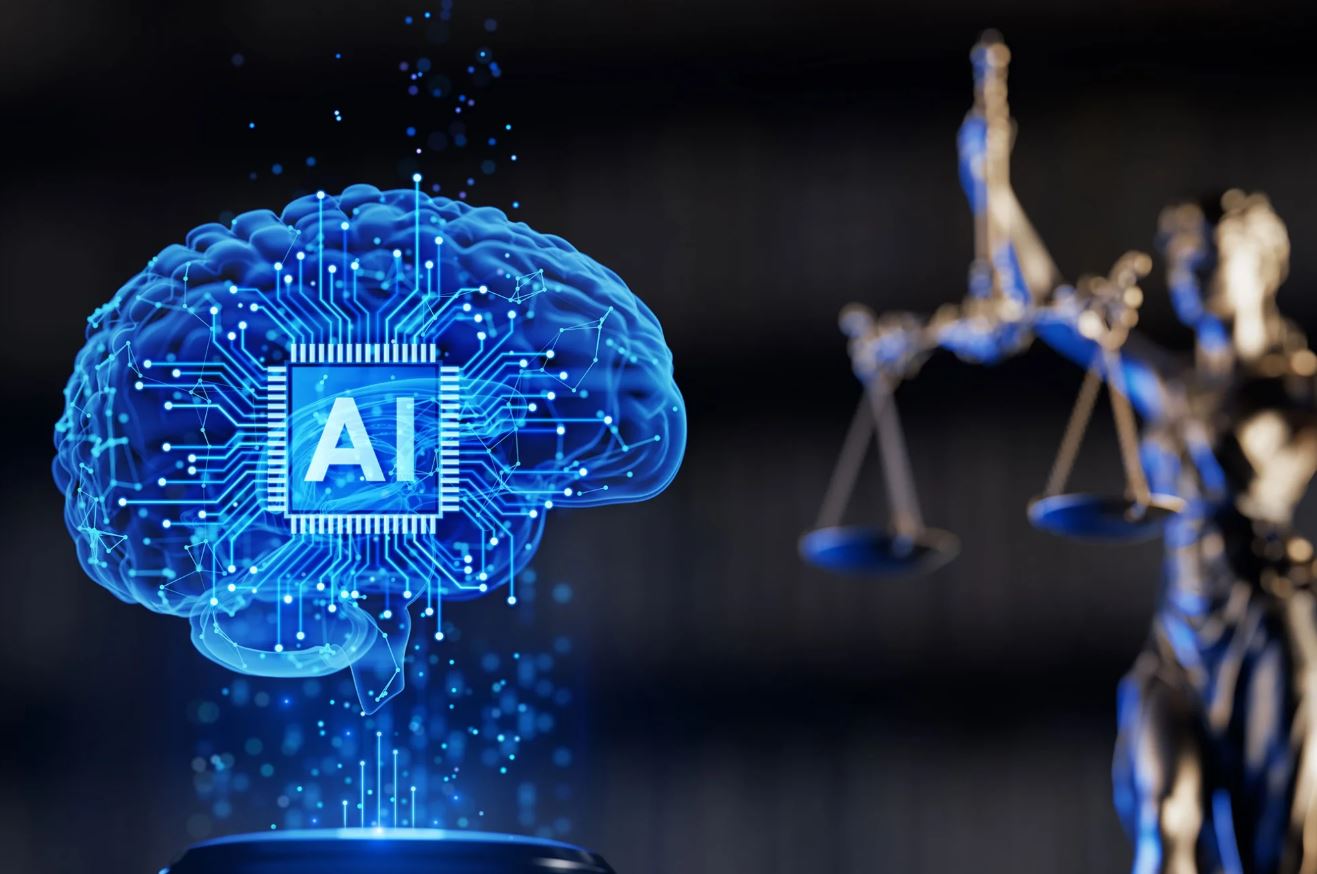 With the rise of AI in content creation, agencies are taking a closer look at creator contracts, adding specific clauses to address AI-related concerns. This shift is driven by the increasing use of generative AI in content creation and influencer marketing, which brings its own set of legal challenges. Three agency executives recently shared their insights with Digiday, shedding light on how these changes are reshaping the industry.
With the rise of AI in content creation, agencies are taking a closer look at creator contracts, adding specific clauses to address AI-related concerns. This shift is driven by the increasing use of generative AI in content creation and influencer marketing, which brings its own set of legal challenges. Three agency executives recently shared their insights with Digiday, shedding light on how these changes are reshaping the industry.
Clients are increasingly asking for contracts that clearly state no AI should be used in content creation. This reflects a broader debate happening in the U.S. about balancing AI innovation with copyright protection. Recent lawsuits against big names like OpenAI and Google highlight these issues, as they face accusations of copyright infringement from major publishers and educational firms.
“Brands aren’t against technology; they just know that transparency builds trust,” says Amy Choi, the executive director of creator strategy and marketing at Trade School. Many creators are already using AI for tasks like idea generation and managing virtual influencers. In fact, a survey by PMG found that nearly half of creators use AI tools like ChatGPT for writing and editing.
This demand for transparency has fueled a noticeable increase in requests for clauses that affirm no AI use in content creation. Bill Rowley from Open Influence notes a 30% rise in such provisions. While trust is key, these clauses aim to ensure that content remains authentic and that ownership is clear. As Choi puts it, “Clear communication of AI workflows builds more trust than ambiguity.”
Some clients are even going a step further, prohibiting the use of AI by agencies altogether. As AI becomes more integral to creative processes, we can expect more nuanced contract terms that focus on AI’s role from concept to final product. Trade School’s agreements mostly address AI use in final outputs, but savvy brands are asking about its influence throughout the creative pipeline.
One marketing agency has seen clients demand clauses that prohibit AI use without consent, especially for influencer content. This aligns with the growing prominence of AI tools like ChatGPT since early 2023. Yelena Ambartsumian, a lawyer who specializes in intellectual property, warns that AI-generated outputs lack copyright because of the absence of human authorship, which poses risks if the content is trained on copyrighted material.
Deciding whether to disclose AI use is ultimately up to the brand, and as Uladzimir Seuruk from Cata-Kor points out, its practicality varies. As agency practices evolve, there’s a stronger emphasis on transparency throughout the creative workflow. Choi concludes, “The best contracts inquire about AI’s role at every stage, ensuring comprehensive transparency.”








